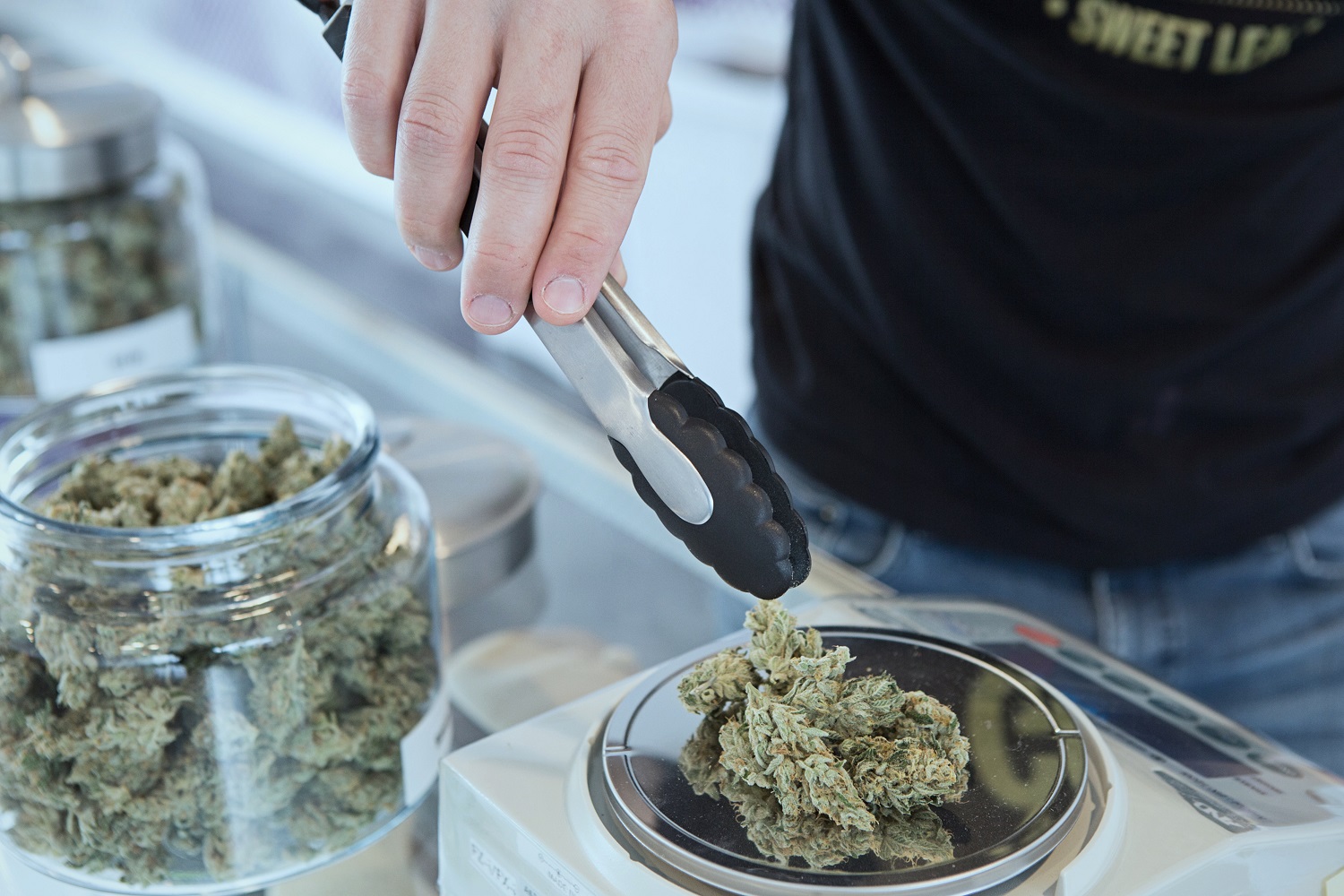
OTTAWA – Organizers of the first 4-20 “Weed Day” demonstration on Parliament Hill since Canada legalized recreational marijuana are learning a tough lesson – new freedoms bring great bureaucracy.
Shawn Mac, a program director for 4-20 Ottawa, says his group is encountering more red tape Saturday than on past April 20 protests.
Organizers can’t use the steps to the now-closed Centre Block, which means spectators will need a front row position on the lawn to see or hear – something Mac calls a “huge letdown.”
“Hearing is already a problem so not being able to see is a crushing blow,” he said in an interview Saturday.
Organizers have also been told to limit musical performers to just two, Mac said, adding that isn’t in the rules of how to hold a public event on the Hill.
New limits on auto access also meant organizers had to haul equipment and material by hand up to the lawn from Wellington Street, he added.
Mac and his fellow organizers were hoping to attract thousands of pro-pot protesters to the Hill on a blustery, rainy holiday weekend.
“It’s frustrating because legalization was supposed to … make things easier and not more complicated,” he said.
Lingering post-legalization concerns are sustaining a sense of protest among 4-20 event organizers across the country.
They include concerns over the government’s decision to tax medicinal marijuana, slow progress on legislation to expedite pardons for people previously convicted of simple pot possession, and the fact that provincial and municipal governments are grappling with retail sales and land use laws for growing pot.
The federal government also has yet to legalize edible marijuana products and has six more months to set rules to do so.
“Everything about legalization has made things harder, which is the opposite of what is was supposed to be,” said Mac.
Others were more upbeat and saw Saturday’s event as an inspiration to the world.
“Again the world is watching, and I’m very proud of Canada today and Canadians,” said Kelly Coulter, a cannabis policy adviser based in British Columbia.
She said Canada is helping change global attitudes and policies as the first G7 nation to legalize pot, and she expected people from Germany and Britain to take part in Saturday’s festivities on the Hill.